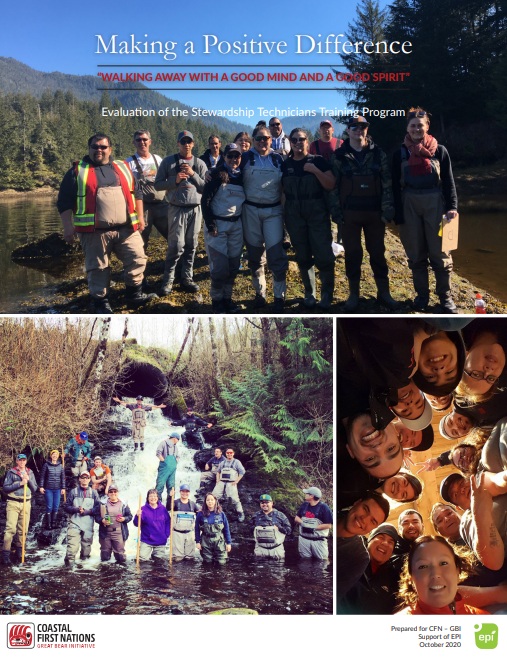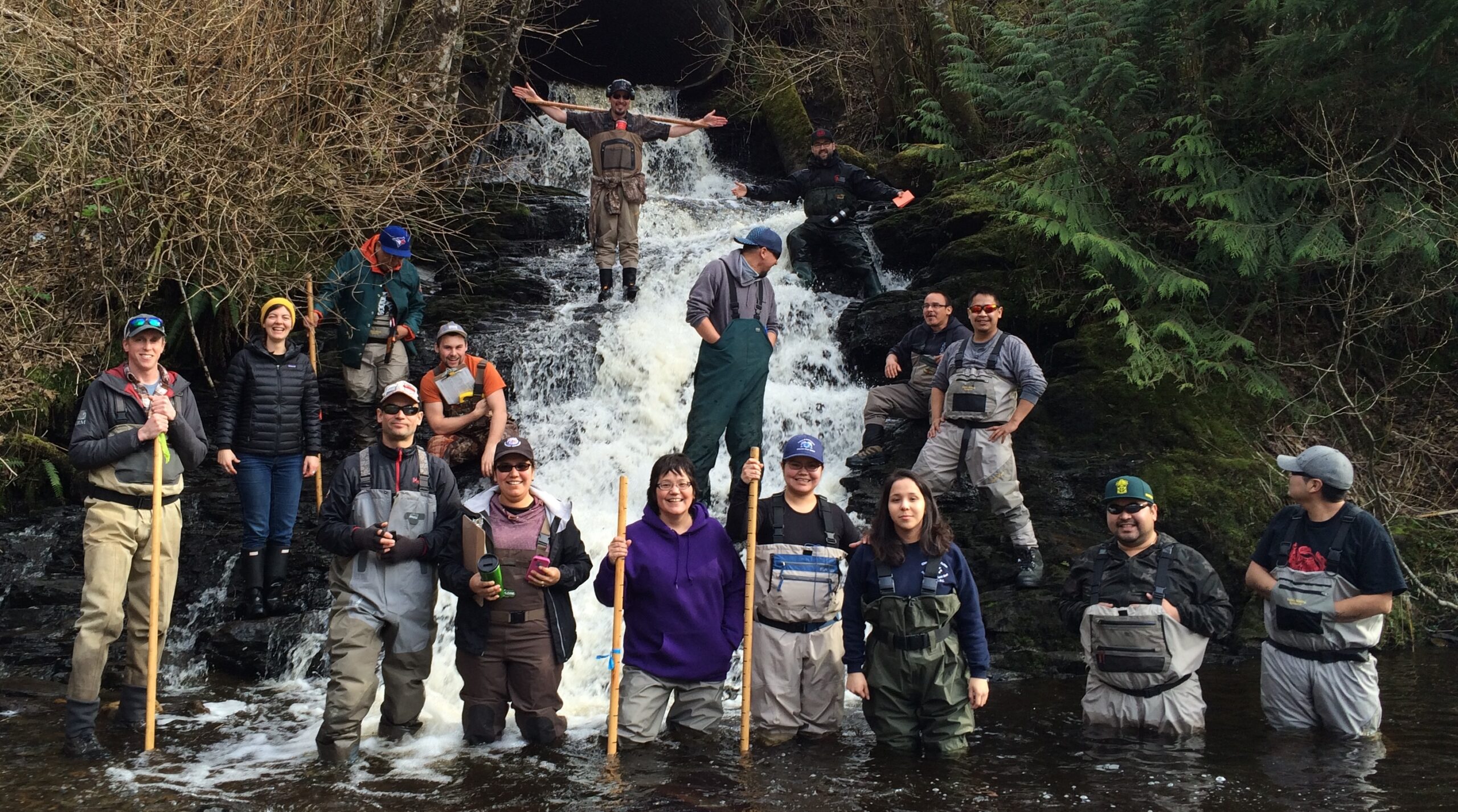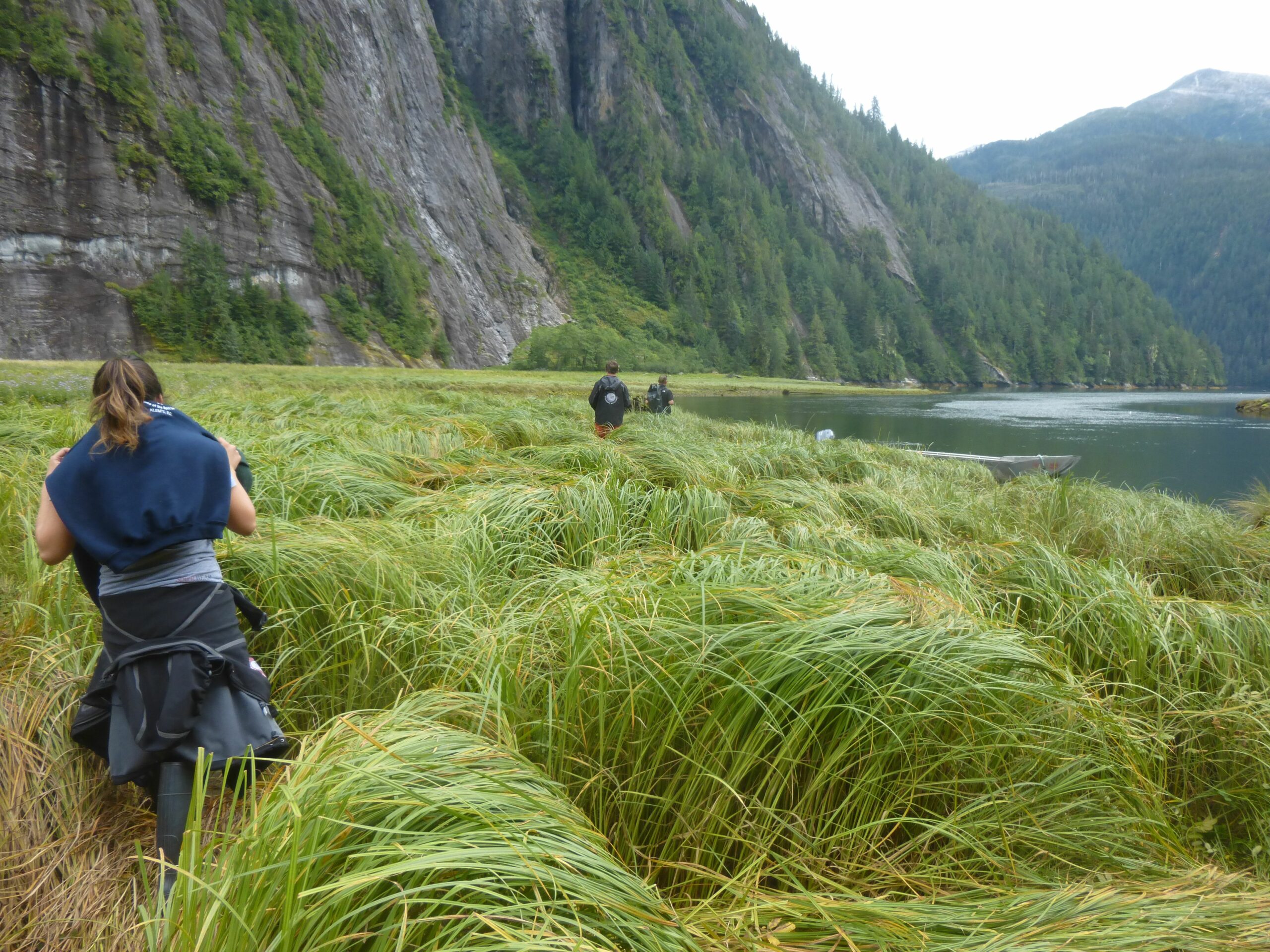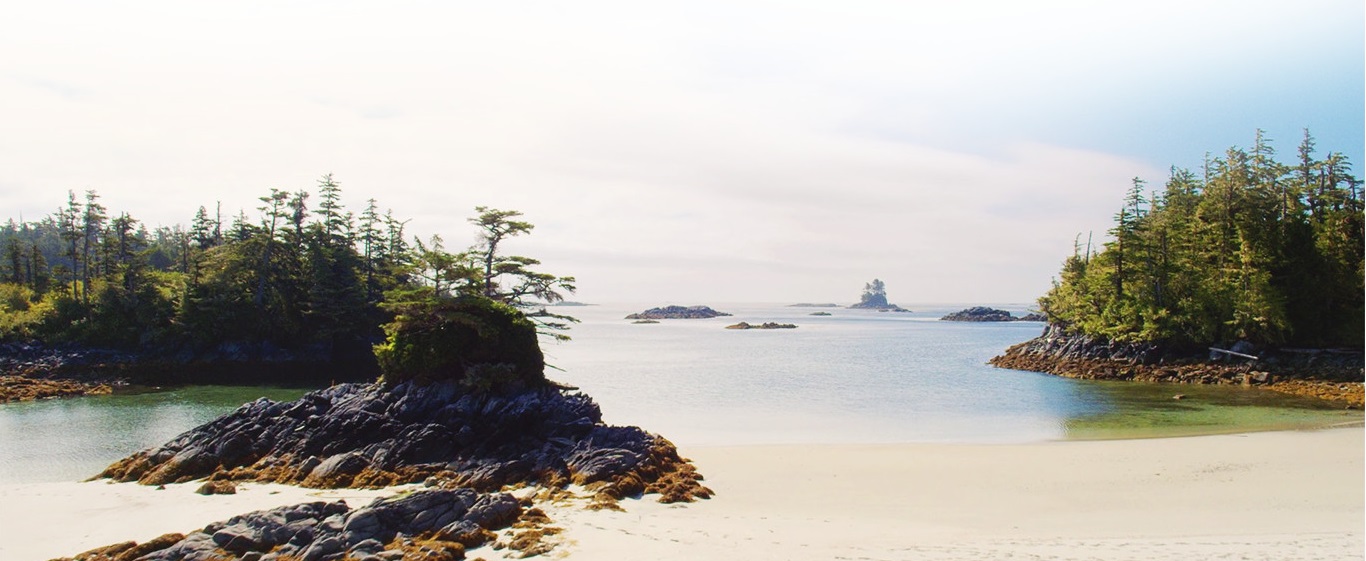When Coastal First Nations was established in 2000, it created a united, regional focus for stewardship in coastal territories, and reinforced a shared commitment to preserving these healthy lands and waters.
One major part of that CFN declaration was a clear responsibility toward future generations. It wasn’t just about protecting and sustaining coastal wildlife and ecosystems, and preserving and renewing our cultures; it was also about empowering Coastal Guardian Watchmen and other stewardship staff with the knowledge, resources and skills needed to carry on these traditions.
Before the ink was dry on the declaration, work had begun to develop a coast-wide training program that would support an integrated, regional approach—not just training current and future Guardians, but also helping other community members learn the skills needed to meet the unique stewardship demands of their Nations.
The Stewardship Technician Training Program (STTP) was developed to help fulfill that vision. A partnership between CFN and Vancouver Island University, the program provides a wide range of stewardship training—from technical, hands-on training in environmental monitoring and cultural identification, and project management and leadership skills, to the knowledge and tools needed to enforce resource regulations and Indigenous laws in coastal territories.
Since the first STTP pilot project was developed in 2012, it’s been clear to stewardship leaders and students alike that this program has played a significant positive role in building stewardship capacity throughout the North Pacific Coast. It’s also clear the program must be continually evolving to meet the changing needs of coastal communities.
With that in mind, the Coastal Stewardship Network—a program of CFN that facilitates STTP and other stewardship training initiatives—undertook an exhaustive evaluation of the program to gain more insight into its impact over the years, and to learn how it could be improved and enhanced into the future. After a full year of in-depth analysis and gathering feedback through surveys, workshops and interviews with students, instructors and program coordinators, the results are now available in a comprehensive final report: Making a Positive Difference.

The evaluation report revealed several key findings highlighting STTP’s positive value for communities—its role in building knowledge, skills and capacity, inspiring further learning and career opportunities, and helping students to create strong personal and organizational networks. And in particular, the report identified the myriad ways STTP supports those interested in or already working as Coastal Guardian Watchmen.
“This training reinforces what we do as Guardian Watchmen and instills more pride in the work we do,” said one student who reflected on their time in the program for the evaluation. “It lifts us up to continue to protect our territories and really instills in us the importance of Guardian Watchmen.”
Another student described how the program had helped them build confidence, both on and off the job: “I have learned to be respectful, how to be assertive, how to take charge, when to listen, and when to direct. … I can go home with a toolbox full and know the potential we have to make our communities great and protect our precious resources.”
According to Hilistis Pauline Waterfall—a highly respected Heiltsuk Elder and knowledge keeper, and recipient of the Order of British Columbia for her work in First Nations education—STTP learning extends far beyond resource management and stewardship to provide critical lessons in leadership, respect and self-governance.
“I have witnessed a profound transformation of identity, pride, image and confidence among these students,” said Waterfall, who helped develop and facilitate and Indigenous Laws Workshop for all former STTP graduates. “Through reinforced Indigenous cultural awareness paired with technical training, the graduates contribute to the sustainable management and protection of natural resources within their homelands.”
Join us for more CFN Anniversary stories at our new anniversary webpage, and on Facebook, Instagram and Twitter.


